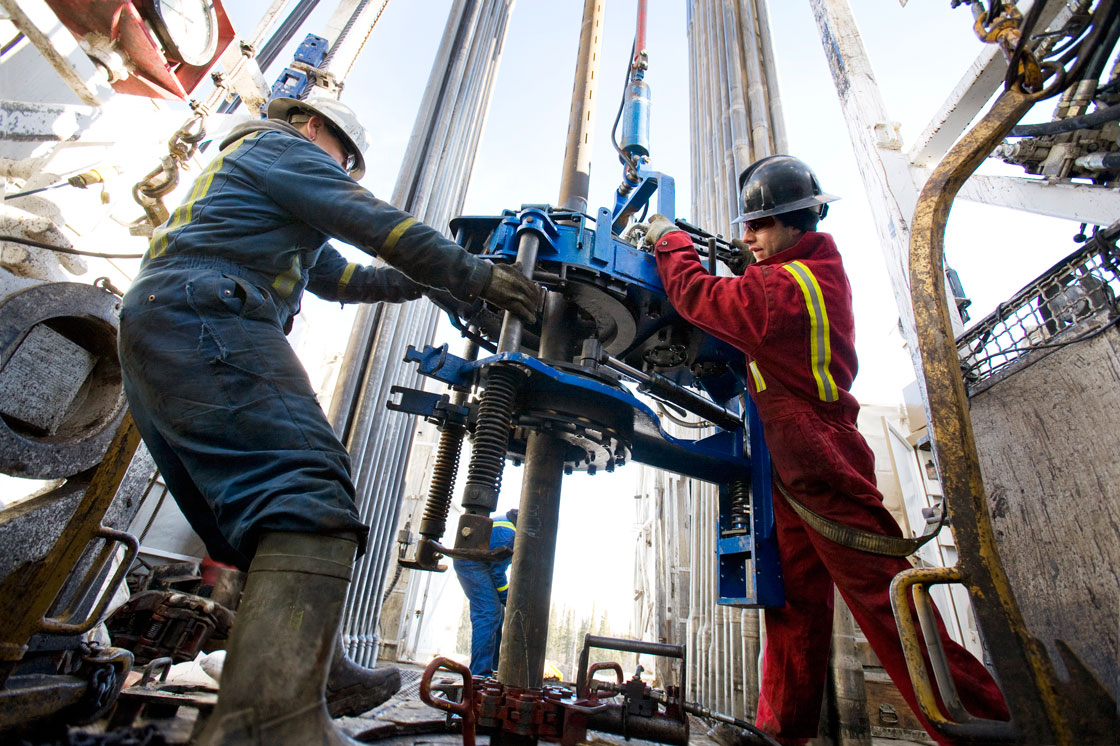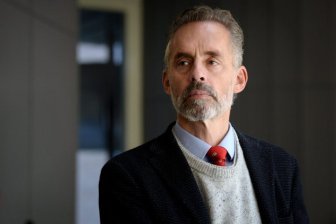The Alberta government’s early start to allowing oil and gas producers to apply for new projects under its modernized royalty framework has resulted in 129 new wells being approved, the province said Friday.

The new framework won’t take full effect until next year, but back in July the Alberta government began early accepting applications from companies that wanted to be able to begin working on new projects rather than waiting for regulation changes.
READ MORE: Alberta’s new oil and gas royalty plan to get early start
“Our new royalty framework is getting rigs out there drilling, with each new well supporting about 135 direct and indirect jobs, and about $4.5 million in spending,” Provincial energy minister Marg McCuaig-Boyd said.
“This uptake illustrates the findings of the University of Calgary’s School of Public Policy that our changes to the royalty system will make Alberta significantly more attractive for investment.”
The vasty majority of the wells are in the province’s foothills regions around Grande Prairie, Drayton Valley and Rocky Mountain House, according to a map released by the Ministry of Energy. More applications are also being submitted.
The new framework will not take full effect until Jan. 1, 2017. The government said it harmonizes the way oil, gas and liquids drilled in the province are treated, which improves investment certainty.

Get weekly money news
Under the new system, companies are to pay a five per cent flat rate royalty on oil and gas production until costs are recovered, after which those rates will range between five per cent and 40 per cent depending on energy prices. Details were revealed in April.
On Jan.1, two other programs will also come into effect as part of the Alberta’s overall new royalty framework: the Enhanced Hydrocarbon Recovery Program and the Emerging Resources Program.
READ MORE: Alberta to cut royalty rates in effort to squeeze out more oil, gas production
The two new royalty programs are meant to encourage the energy sector to spend more on developments in their early stages and squeeze more oil and gas from underutilized existing operations.
The programs will take into account the higher costs associated with enhanced recovery methods, as well as the higher costs associated with developing emerging resources – making difficult investments economically viable and increasing royalties.
With files from The Canadian Press
- Air Canada denies world-renowned musician from boarding flight with cello
- Canada Post strike: Ontario utilities warn of penalties as millions await bills
- Will ‘tax holiday’ spur more Canadians to spend? Why some stores doubt it
- Court approves The Body Shop Canada sale, about 100 to lose jobs as some stores close









Comments